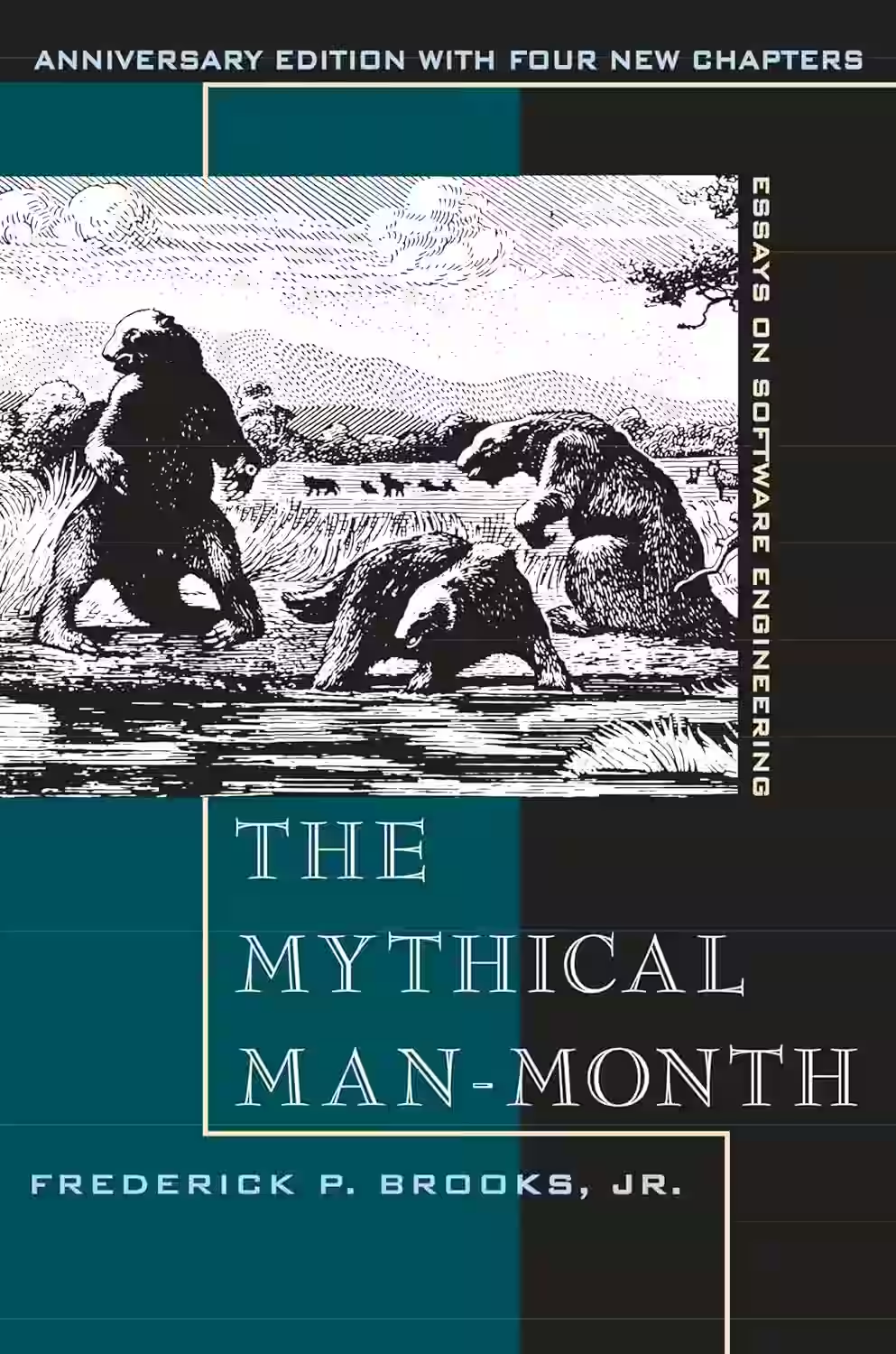
The Mythical Man-Month is a classic exploration of software engineering, project management, and the pitfalls of large-scale development. Frederick P. Brooks, who managed IBM’s System/360 project, famously argues that adding manpower to a late project often delays it further. He introduces key concepts like “Brooks’s Law,” the importance of conceptual integrity, and the difficulty of coordinating large teams. Blending essays and insights from real-world experience, the book highlights the human and organizational challenges of building complex systems. Despite its original publication in the 1970s, The Mythical Man-Month remains widely read for its enduring wisdom in managing creative, technical work
About Steve Grand
Steve Grand is a British computer scientist, roboticist, and author best known for developing the artificial life simulation game Creatures. His work explores the boundaries between biological life and digital systems, using software to investigate intelligence, emergence, and consciousness. In Creation: Life and How to Make It, Grand combines philosophical inquiry with technical detail, arguing that life can be modeled and recreated through self-organizing systems. He is known for blending imaginative vision with scientific exploration, pushing the limits of what machines might achieve. Grand’s ideas continue to influence research in artificial life, robotics, and cognitive science.
Similar Books
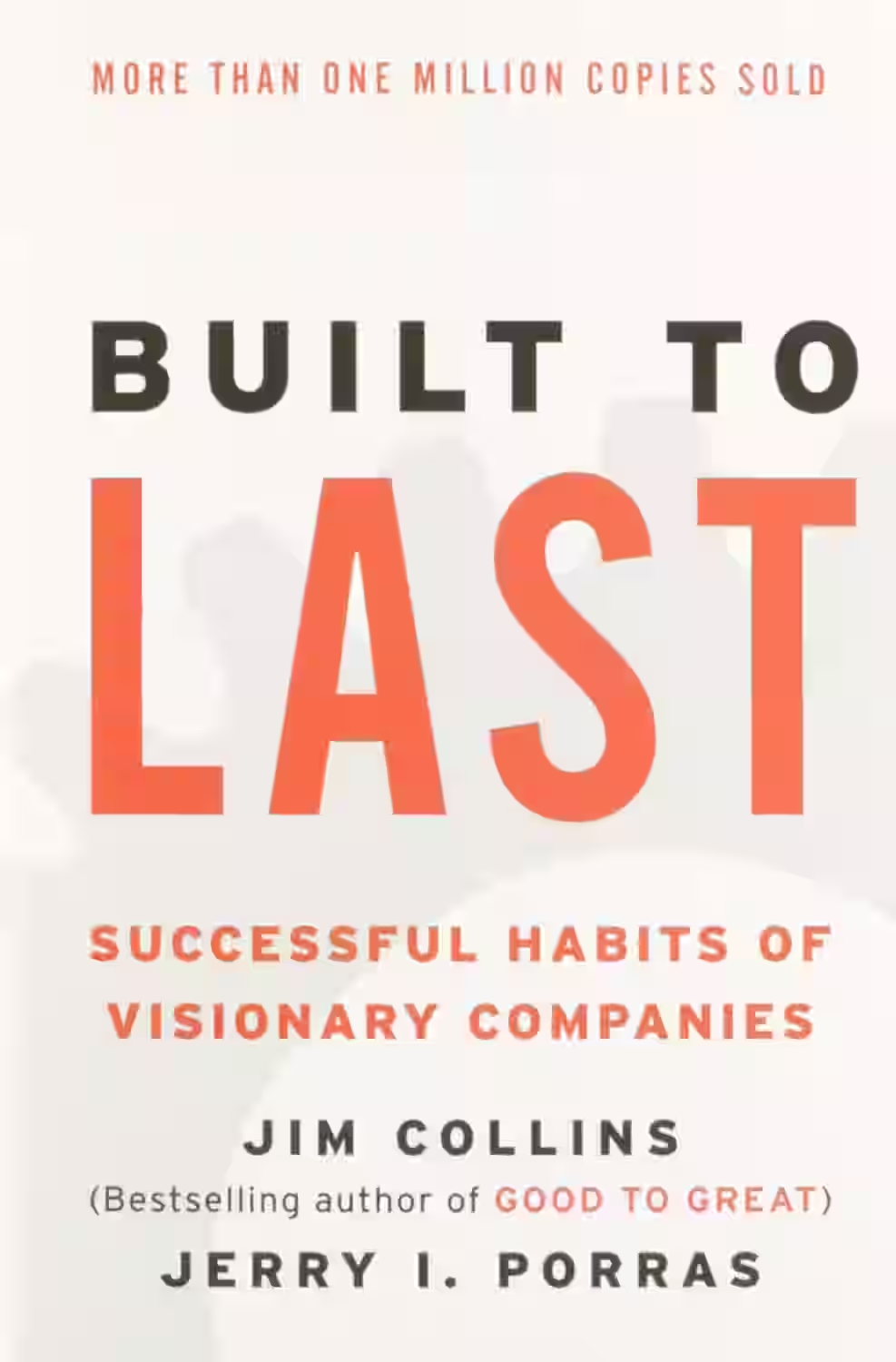
Built to Last
Built to Last explores what makes companies endure over decades, based on a six-year research project studying 18 visionary firms. Collins and Porras identify key traits shared by long-lasting companies, such as core values, bold missions, and a relentless drive for progress. The book challenges the idea that great leadership or market timing is the key to success, instead emphasizing organizational culture and consistency. Concepts like “clock building” versus “time telling” illustrate how lasting companies focus on systems, not individuals. With timeless lessons and real-world examples, Built to Last is a blueprint for sustainable, principle-driven business success.
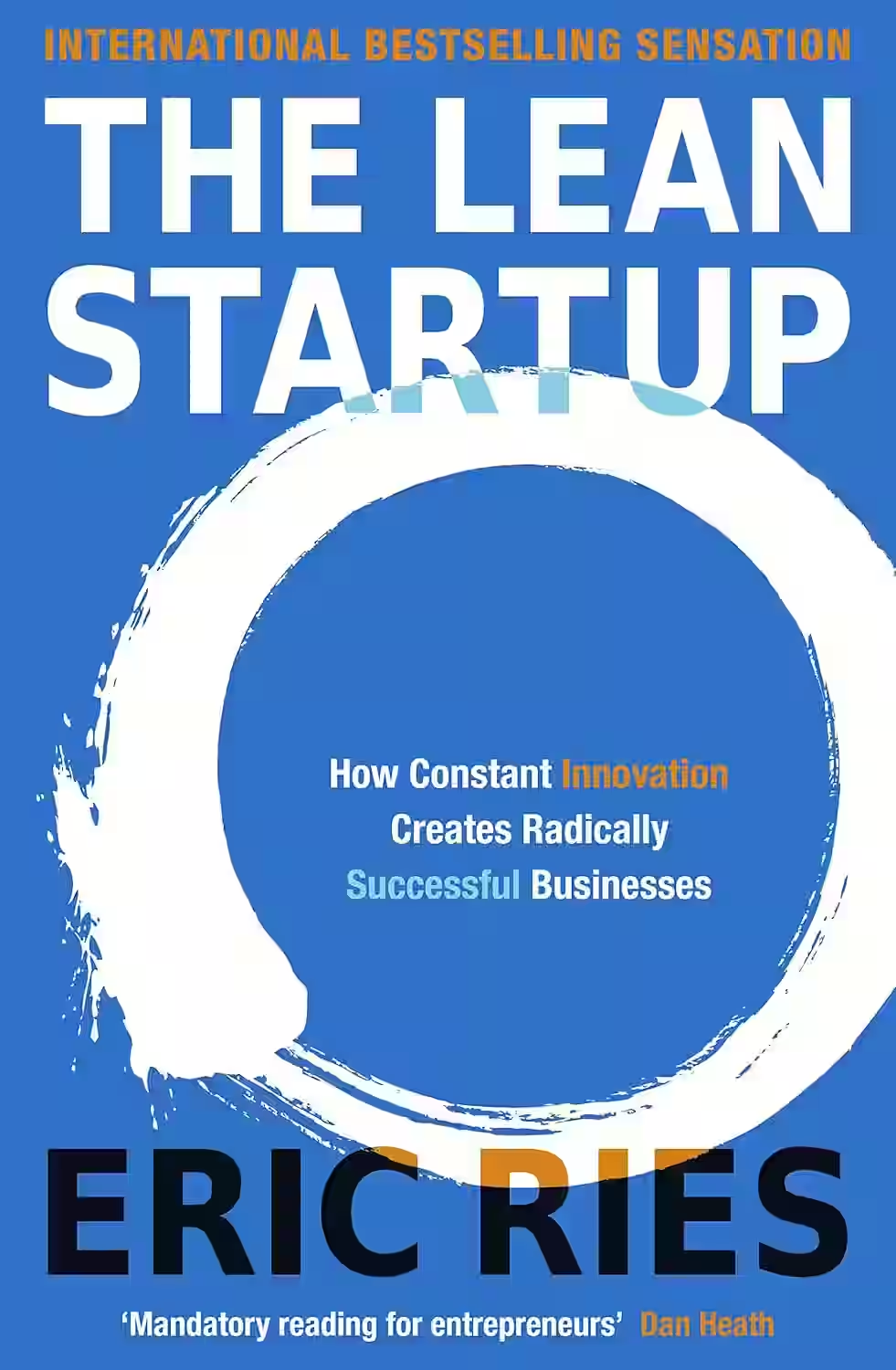
The Lean Startup
by Eric Ries
The Lean Startup presents a framework for building startups through continuous innovation, rapid experimentation, and customer feedback. Eric Ries introduces concepts like the Build-Measure-Learn loop, minimum viable product (MVP), and validated learning to help entrepreneurs reduce waste and improve decision-making. Rather than perfecting a product before launch, Ries advocates iterative development and pivoting based on real-world data. This approach enables startups to adapt quickly and succeed in uncertain markets. With practical tools and real examples, The Lean Startup has become a foundational guide for modern entrepreneurship, influencing startups, tech companies, and corporate innovation programs around the world.
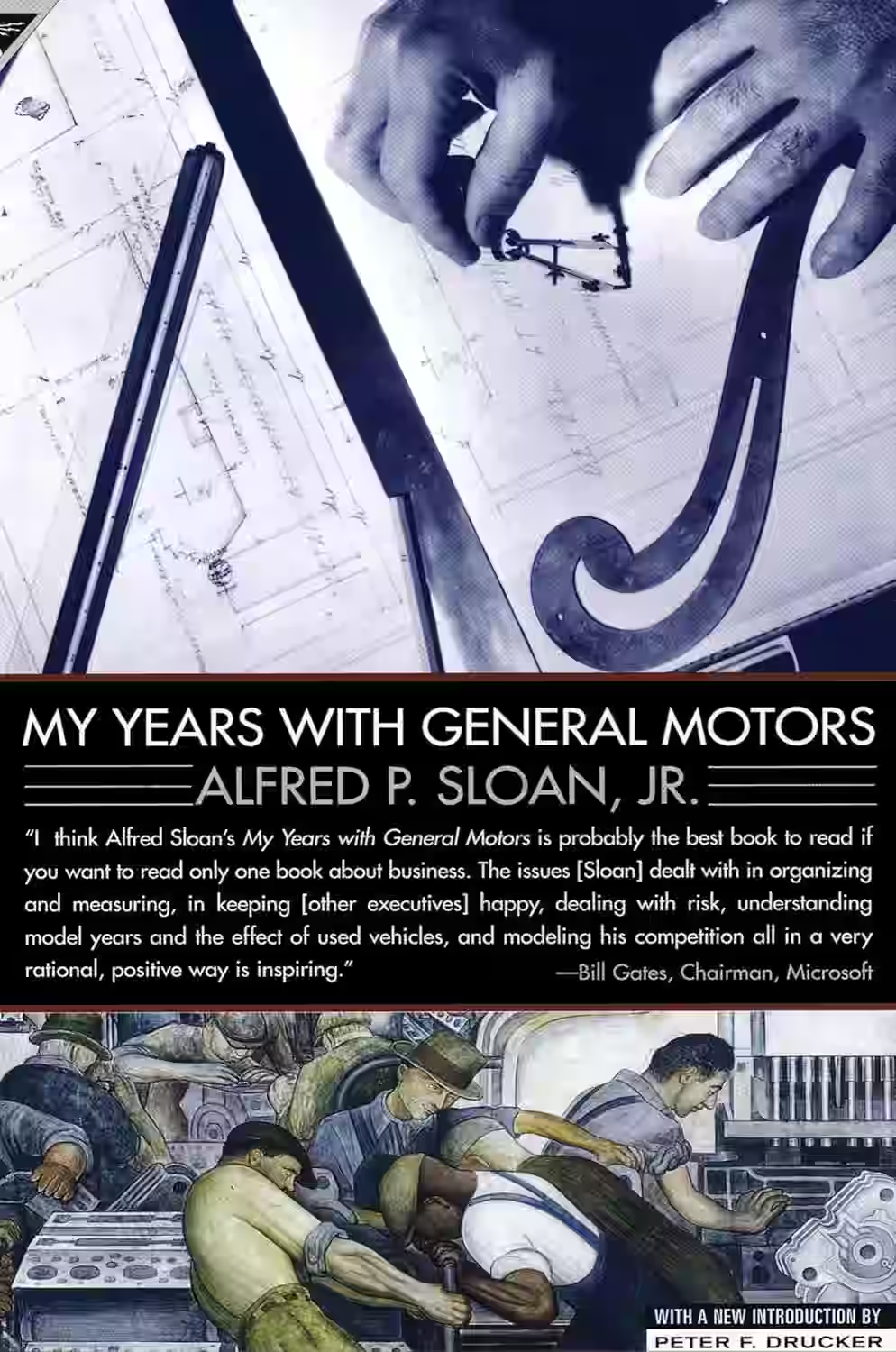
My Years with General Motors
In My Years with General Motors, Alfred P. Sloan recounts his leadership of one of America’s most iconic corporations during its rise to industry dominance. Serving as GM’s president, then chairman, Sloan details how he transformed the company through decentralized management, financial discipline, and strategic innovation. His memoir provides deep insight into corporate governance, organizational structure, and long-term planning. More than a personal narrative, the book is a blueprint for modern business practices and executive leadership. It has been widely studied by business schools and executives, offering timeless lessons on scale, efficiency, and adapting to change in a competitive marketplace.
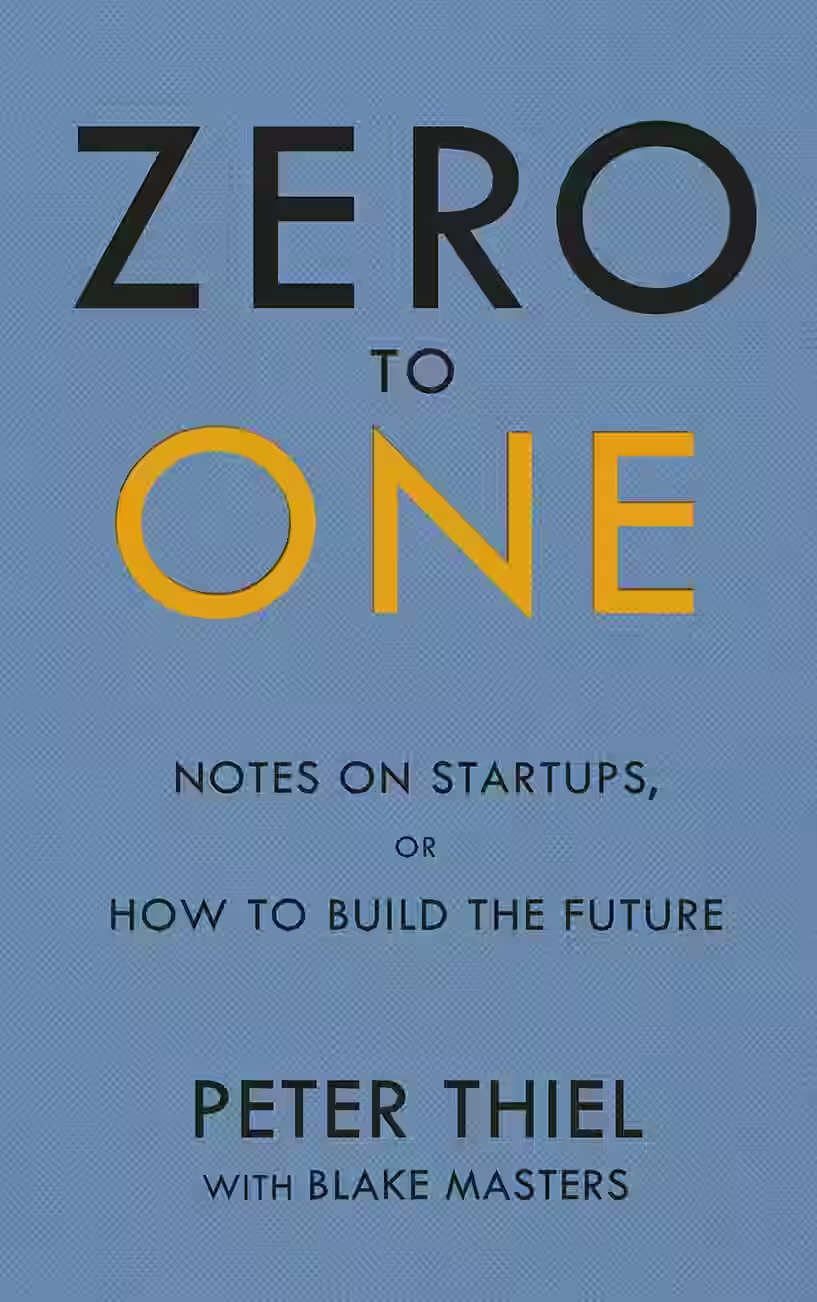
Zero to One
by Peter Thiel
In 'Zero to One,' Peter Thiel, co-founder of PayPal and Palantir, challenges conventional wisdom and offers valuable insights on building successful startups. Thiel emphasizes the importance of innovation and creating something unique (going from 'zero to one') rather than imitating existing models. He delves into the concept of monopoly power, highlighting how businesses can thrive by dominating a niche market. Thiel's entrepreneurial advice is both provocative and practical, encouraging aspiring entrepreneurs to envision the future and disrupt industries. This book is a thought-provoking read for anyone interested in entrepreneurship and innovation.